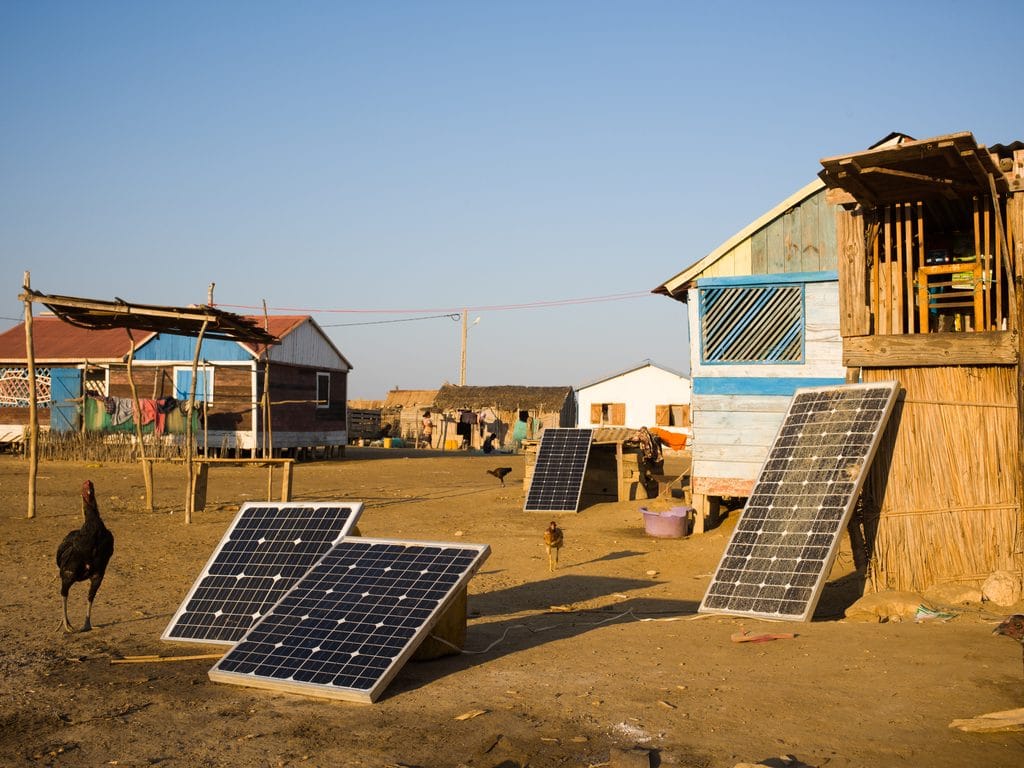How to finance solar off grid in Nigeria is an issue of concern to the private sector and associations that have become aware of the importance of this off-grid solution. The Nigerian company Community Energy and Social Enterprise Limited (Cesel) seems to have found a way to mobilise funding through the Diaspora-Power (DPower) initiative. Its goal is to mobilise $1 billion from the funds sent each year by the Nigerian diaspora to the country.
Nigeria is the most populous country on the African continent with more than 190 million inhabitants. It also has a strong diaspora spread over several continents. Every year, these Nigerians living abroad send a lot of money home, either in the form of investments or simply to take care of their families. In 2018, $23.6 billion from the diaspora was sent to Nigeria according to PriceWaterhouse Cooper (PwC).
Solar off grid: a viable solution!
Remittances from the Nigerian diaspora are increasing every year. The PwC firm estimates that by 2019, these remittances could reach $25.5 billion and could reach $34.8 billion by 2023. From these shipments, the Cesel hopes to raise $1 billion through its DPower initiative to finance the solar off grid.
This is a solution that may prove indispensable for Nigeria, where the national electricity grid production is lacking. A situation that is slowing down the economic growth of this West African country. To face this situation, many companies are turning to off-grid, with solar panels installed on their rooftops. These off grids often have battery storage systems, which allow the facilities to provide electricity after sunset.
For example, Jabi Lake Mall, an Abuja shopping centre owned by the British investment fund Actis, wants to adopt the solar off grid. Recently, it signed an agreement with CrossBoundary Energy, an investment fund that finances off-grid projects to equip it with a 600 kW capacity installation. The same investor is also working with brewer Nigerian Breweries Plc (NB) to supply a 650 kW solar off grid to its manufacturing plant in Heineken, Ibadan, in the southeast of the country.
In rural areas, mini solar grids are installed to power villages and some households opt for home solar kits. These house-scale solar systems are offered by companies such as Azuri Technologies, Zola Electric, or Daystar Power. To facilitate access to this off-grid solution, these solar kit providers apply the pay-as-you-go model (pay-per-use), which allows households to acquire the solar system by paying small amounts and often via “mobile money”.
Jean Marie Takouleu
